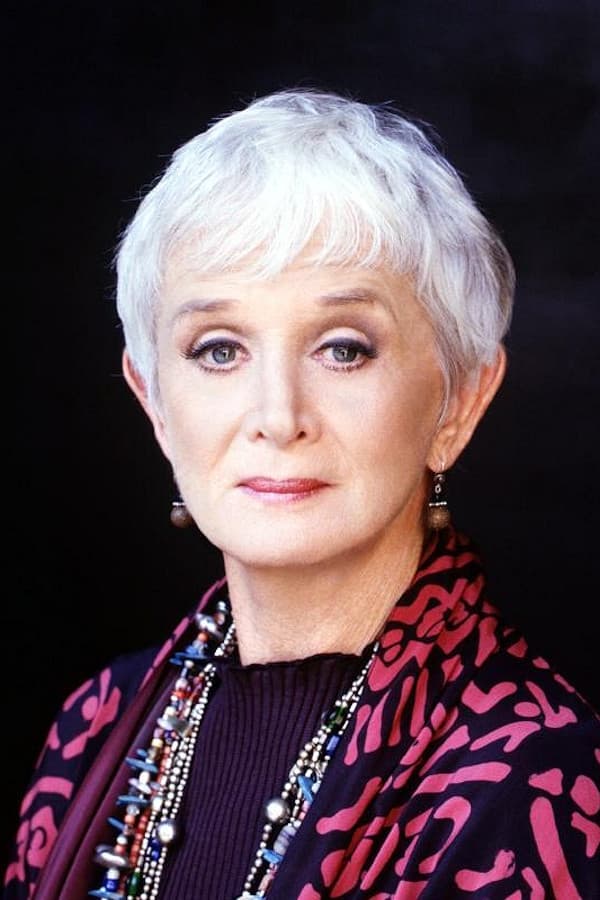

A complicated New York City family as they discover on one extraordinary day that although life-and family-can sometimes shock you - it can also lead to miraculous new places.

Filmed over two years, this new documentary takes an exclusive inside look at Tony-winning director Marianne Elliott’s creative process of bringing a reimagined gender-swapped production of Stephen Sondheim and George Furth’s musical Company to Broadway during the COVID-19 pandemic. Featuring rehearsal and performance footage, plus new interviews with Elliott, Sondheim, Katrina Lenk, Patti LuPone and members of the original 1970 cast, the broadcast tells the story of the show’s Broadway debut in a city on the verge of bankruptcy to its reimagination 50 years later as both Broadway and New York City emerge from one of the greatest crises in contemporary history.
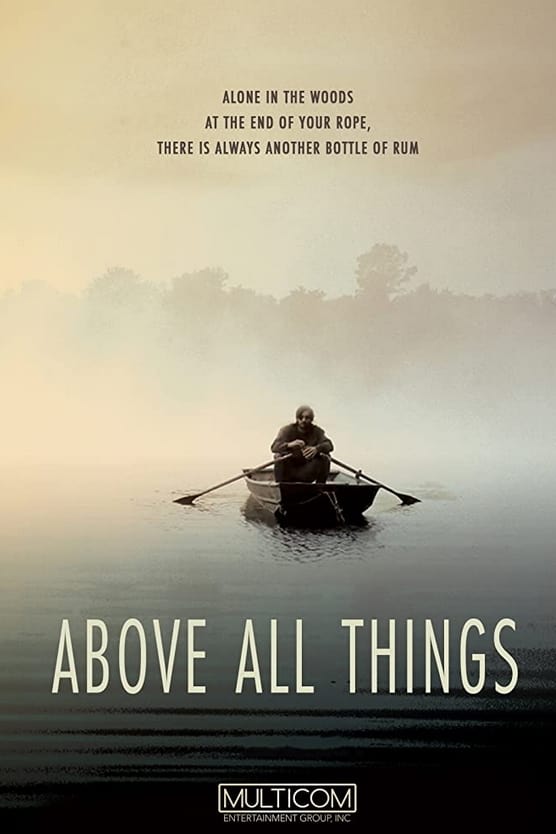
Bobby just needs to deal with his wife’s death, so he retreats to an old family cottage. His grief is disrupted when she comes back to haunt him, forcing him to confront what it really means to live, love, and lose.
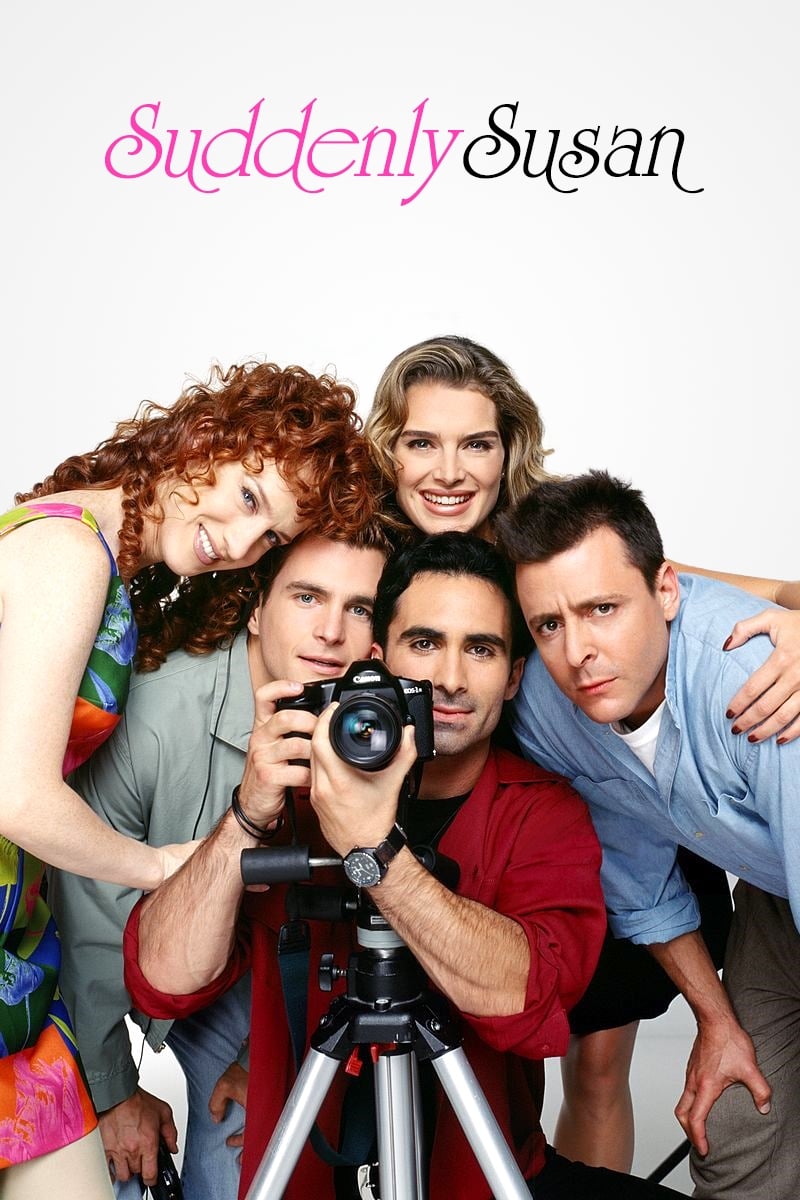
Susan Keane is a glamorous San Francisco magazine writer beginning to adjust to being single, who learns to be independent-minded, after being taken care of all her life.
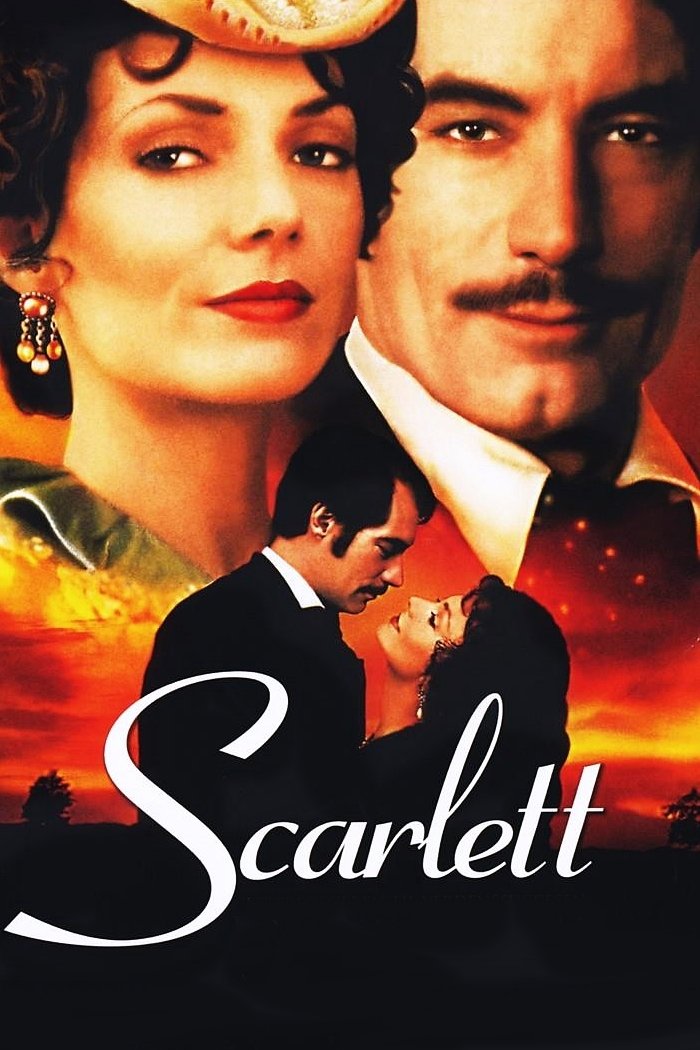
Scarlett O’Hara’s flight from the scrutiny of Atlanta society takes her on a journey to Savannah and Charleston, to England, and to Ireland, where she discovers her family's roots.
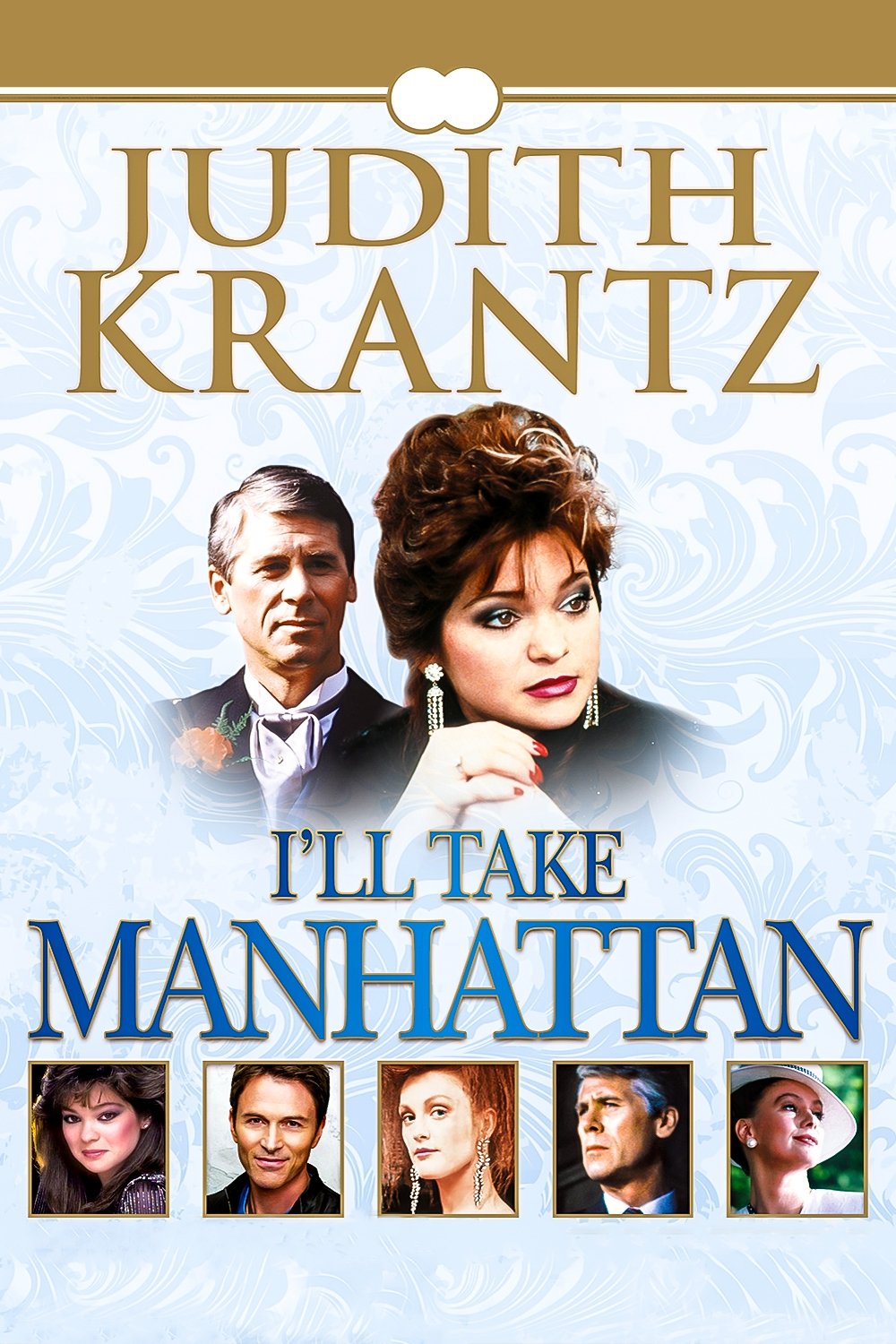
I'll Take Manhattan is a 1987 American television miniseries, adapted from Judith Krantz's novel of the same name. Screened by CBS, it tells the story of the wealthy Amberville family, who run their own publishing company in New York. After Zachary Amberville, the patriarch of the family, dies, the company is taken over by his unscrupulous brother Cutter. Zachary's children, especially his energetic and intelligent daughter Maxi, begin a battle to regain control of the father's company. I'll Take Manhattan was the highest-rated miniseries of the 1986–87 US television season with a 22.9/35 rating/share.
Two doctors, a father and son, conceal their alcohol and drug problems in this potent look at the abuse of those substances that exist in the medical profession.
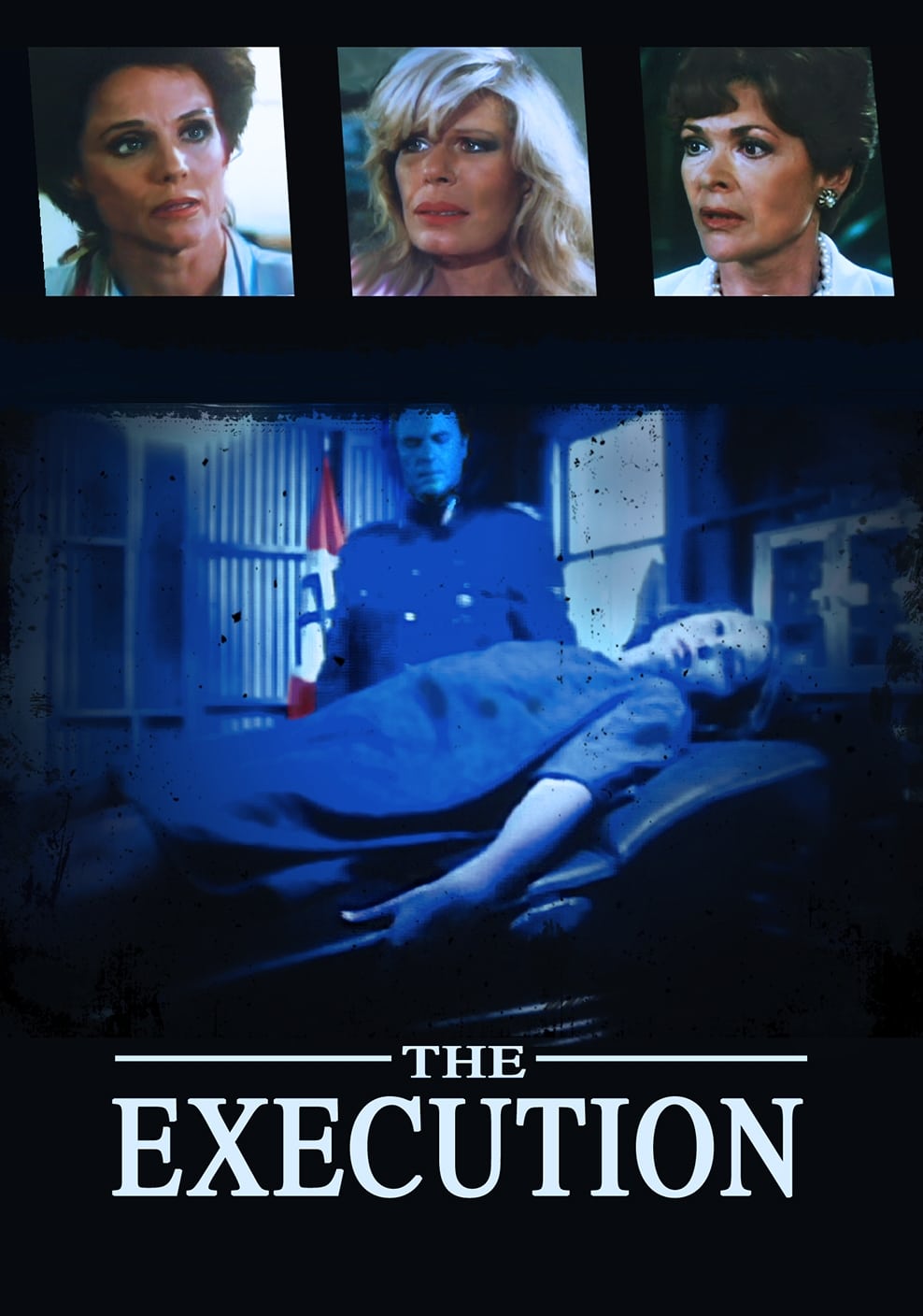
The members of a San Diego Wednesday night womens' mah jongg club are five survivors of a Nazi concentration camp. They recognize the owner of a local restaurant, Walter Grossman, as a doctor from the camp who performed experiments on them as young girls. To their horror they learn that he has already been tried as a war criminal and has served but a few years for his crimes. They decide that they will "execute" him, drawing lots to determine which one will perform the act, without letting the others know who it is.
Barbara Barrie (born Barbara Ann Berman, May 23, 1931) is an American actress of film, stage and television. She is also an accomplished author. Her film breakthrough came in 1964 with her performance as Julie in the landmark film One Potato, Two Potato, for which she won the Best Actress Award at the Cannes Film Festival. She is best known for her role as Evelyn Stoller in Breaking Away, which brought her an Academy Award nomination for Best Supporting Actress in 1979 and an Emmy Award nomination in 1981 when she reprised the role in the television series based on the film. On television she is perhaps best known for her portrayal, between 1975 and 1978, of the wife of the namesake captain in the detective sitcom Barney Miller. Barrie also is known for her extensive work in the theatre, receiving a Tony Award nomination for Best Featured Actress in a Musical in 1971 for originating the role of Sarah in Stephen Sondheim's Company.
By browsing this website, you accept our cookies policy.